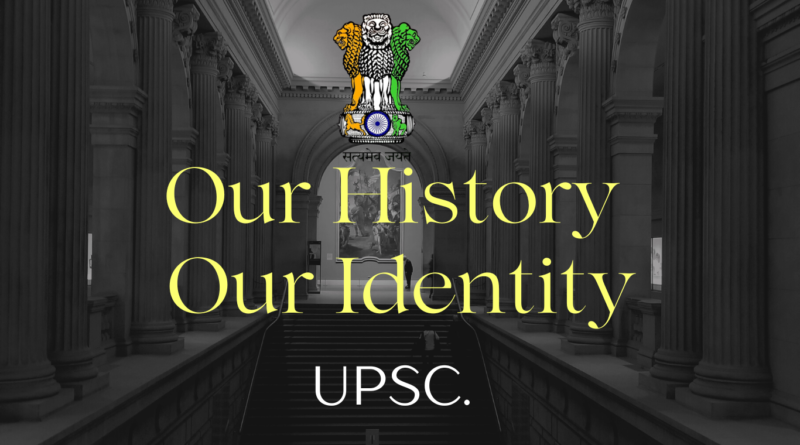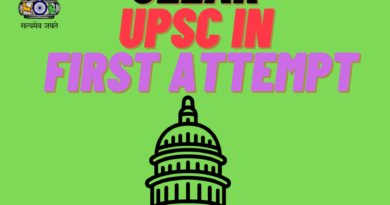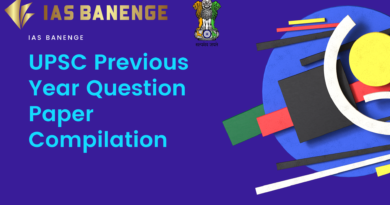Strategy for History for UPSC Civil services examination.
Preparing for history for the UPSC Civil Services examination is not an easy task. It requires a comprehensive understanding of various aspects of history, including ancient, medieval, and modern Indian history. Here is a strategy that can help you prepare for the history section of the UPSC exam.
Understand the Syllabus:
The first and most crucial step is to understand the syllabus of history for UPSC civil services examination. The syllabus covers the entire history of India, starting from the ancient period to the present-day. It also covers world history, including the French Revolution, Industrial Revolution, and World Wars. A detailed understanding of the syllabus will help you identify the important topics and areas that need to be focused on.
Read NCERT Books:
Reading NCERT books is essential for building a strong foundation in history. NCERT books are considered the best source for the history section of UPSC as they cover the entire syllabus in detail. Start with Class VI to Class XII books, which will give you a clear understanding of the chronological order of events and key developments in Indian history.
Reference Books for Indian History:
To delve deeper into Indian history, you can refer to the following books:
- India’s Ancient Past by R.S. Sharma: It is a comprehensive book that covers the ancient period of Indian history. It is useful for both prelims and mains.
- Medieval India: From Sultanate to the Mughals by Satish Chandra: This book covers the medieval period of Indian history, from the Delhi Sultanate to the Mughal Empire.
- India’s Struggle for Independence by Bipan Chandra: This book covers the Indian national movement and is a must-read for mains.
Reference Books for World History:
To understand world history, you can refer to the following books:
- The Penguin History of the World by J.M. Roberts: This book covers the entire world history and provides an in-depth understanding of the significant events and developments that shaped the world.
- A History of the Modern World by R.R. Palmer and Joel Colton: This book is useful for understanding the modern world, including the French Revolution, Industrial Revolution, and World Wars.
The Rise and Fall of the Great Powers by Paul Kennedy: This book is essential for understanding the power dynamics that shaped the world.
Read Newspapers and Magazines:
Reading newspapers and magazines can keep you updated with the latest happenings in the world. For example, The Hindu and The Indian Express are renowned newspapers for providing news and analysis on national and international events. Magazines like Yojana, Kurukshetra, and Frontline provide insights on various socio-economic and political issues. Reading these will help you connect the dots between current affairs and historical events.
Watch Videos:
There are many online platforms that provide video lectures on various topics related to history. For example, the National Programme on Technology Enhanced Learning (NPTEL) provides free online video courses on history. You can also find various lectures on YouTube and other online platforms. Watching these videos can help you understand the concepts better.
Practice MCQs:
Practicing multiple-choice questions (MCQs) can help you understand the type of questions that can be asked in the UPSC exam. You can find many MCQ books and online platforms that provide MCQs related to history. Attempting these questions will help you improve your speed and accuracy.
Make Notes:
Making notes is an essential part of UPSC preparation. It helps you in revising the important topics quickly. While reading, you can highlight the important points and make short notes. You can also use mind maps or diagrams to connect the different topics. These notes will help you revise and remember the key concepts.




